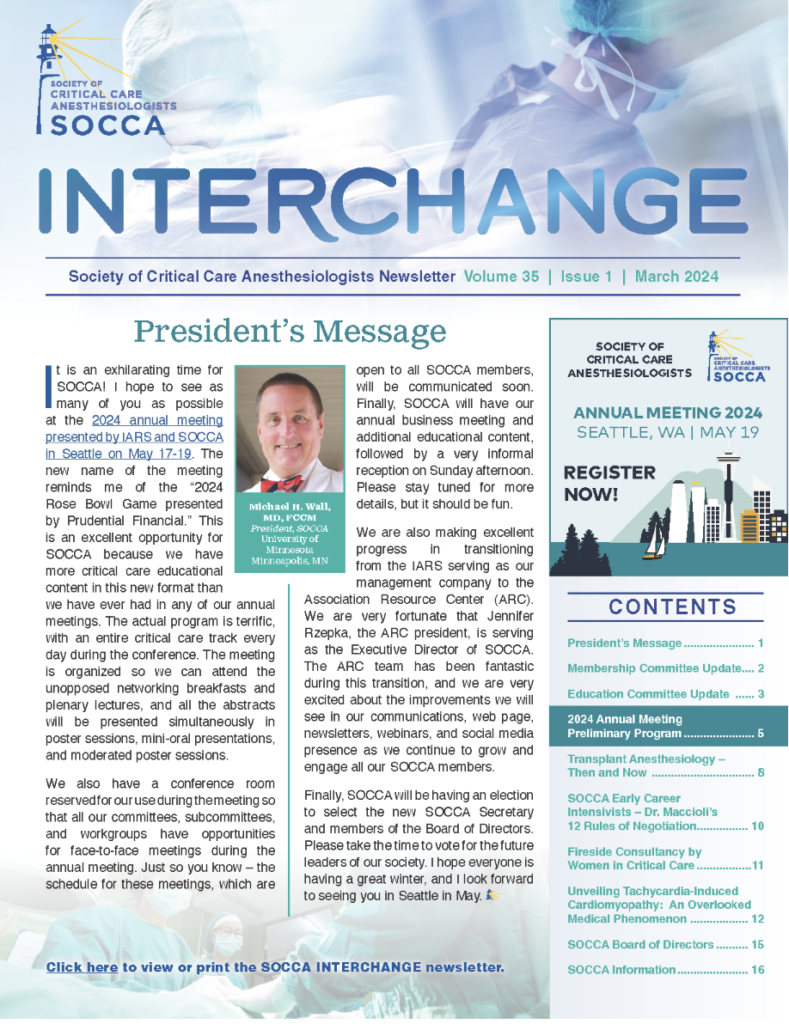Young Investigator Award Presentations: Winner
Our center has supported 43 patients with COVID-19 ARDS on ECMO. Of these, 8 cases (19%) were in peripartum women, and their rate of survival was 86%. Notable points regarding the pregnant cohort (4 patients) include the fact that all neonates born on ECMO were preterm and required intubation but ultimately survived.
Continue Reading…


































